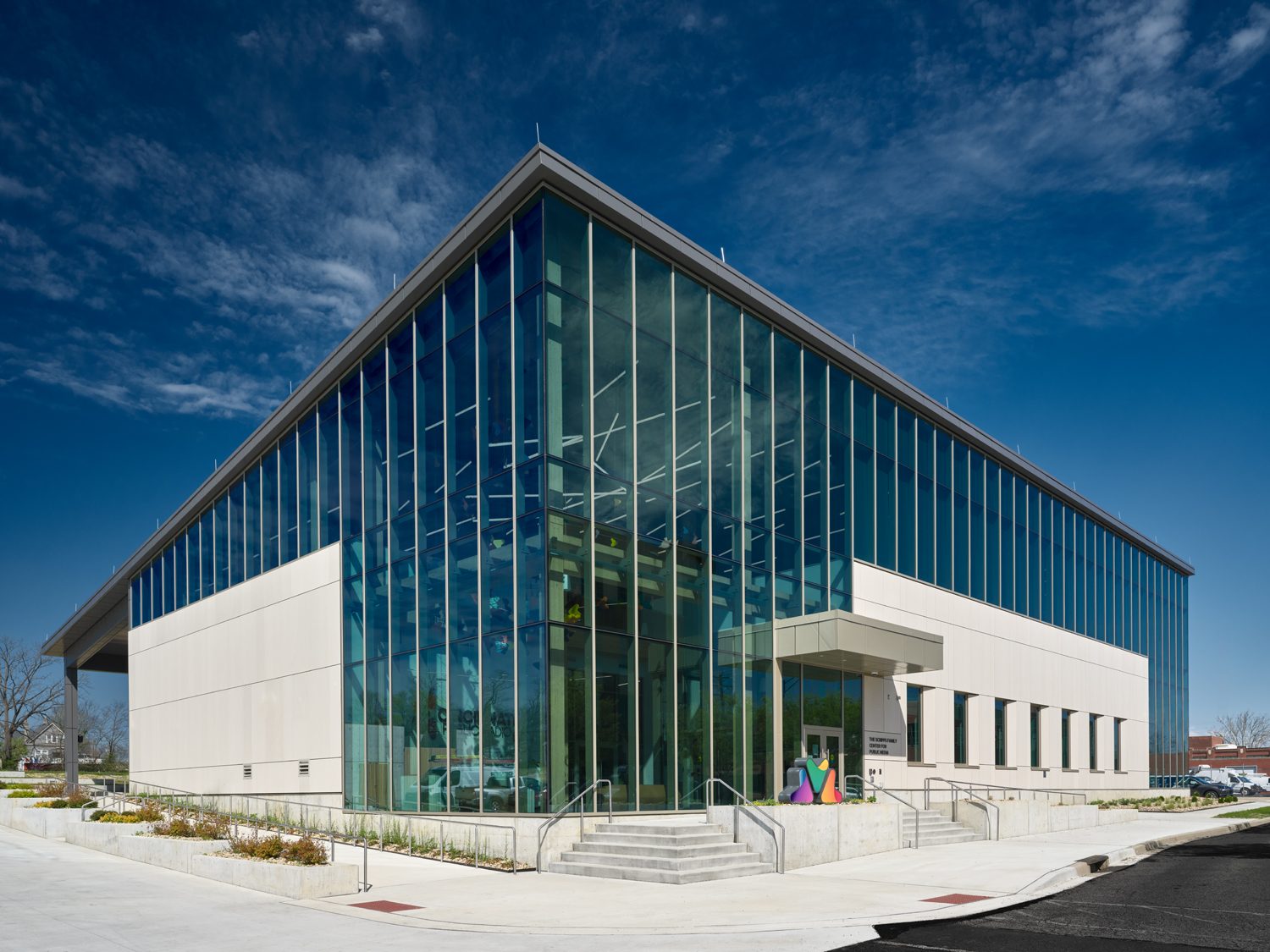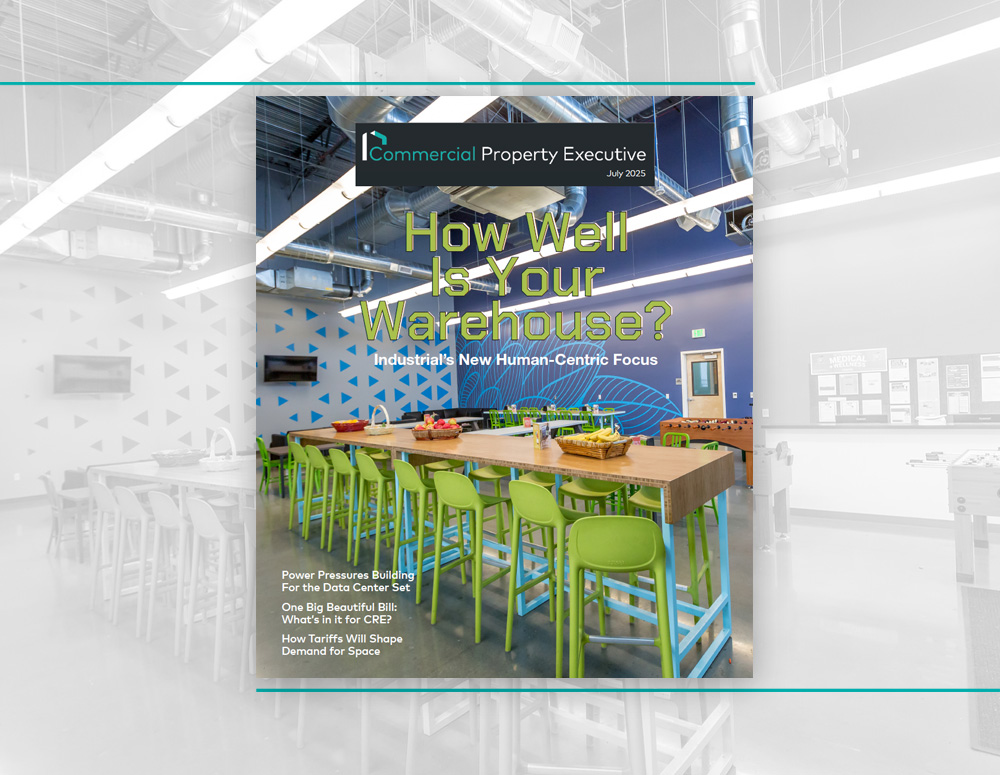User-Friendly Websites: The New Digital Priority
Marketing expert Angie Schons of G5 provides strategies for complying with website access requirements and shares fresh tips for digital marketing success.

Angie Schons Image courtesy of G5
For property owners and managers, the importance of an up-to-date, user-friendly website is more significant than ever. Maintaining an effective website that meets residents’ and tenants’ needs is a challenge in the fast-paced virtual world. Key issues range from SEO and digital marketing to compliance with the Fair Housing Act.
Although multifamily operators routinely take the necessary measures to ensure that their communities comply with the Americans with Disabilities Act, digital compliance has yet to become common practice, observes Angie Schons, senior vice president at the marketing platform G5. But the number of federal website accessibility lawsuits filed increased 177% last year, and those complaints have targeted properties ranging from hotels and restaurants to colleges. The trend is a clear sign that addressing the issue should be a priority.
What are the trending marketing practices that property owners and managers can apply to attract and retain residents and tenants?
Heat mapping and A/B testing are essential to determining the exact placement of buttons and calls to action that drive the most engagement. Additionally, hand-drawn illustrations, big bold text, and contrasting color schemes are all really popular in multifamily web design right now, but the biggest trend is compliance with the Fair Housing Act and website accessibility. We think about compliance as much as we think about performance, from how themes and websites are designed to how best practices are implemented.
For businesses working on a limited budget, which marketing solutions would you advise them to invest in first?
Employing digital advertising to drive marketing efforts is still possible with a limited budget. There isn’t a one-size-fits-all approach, but we recommend spending at least $300 per month to generate the most efficient ROI. Every customer has unique property situations and needs. Using a proprietary, data-driven budget recommendation tool, we advise on minimum, conservative and aggressive budgets that are specific to the property, market and business goals. From there, spend can be adjusted based on performance for continuous optimization.
What is website accessibility, and why is it important?
Website accessibility refers to development and design best-practices needed so that all users, regardless of their ability, can perceive, understand, navigate and interact with a website. The most widely accepted standards for website accessibility are the Web Content Accessibility Guidelines. These standards provide guidelines for developing websites that accommodate users who rely on assistive devices, adding a layer of usability and improving the experience for all users. Assistive devices, like screen readers, allow people with visual impairments to understand images and other visual content on a website. Accessible websites include features that improve usability with these devices.
Why should property operators consider website accessibility?
First of all, to reduce legal risk. By addressing accessibility issues, maintaining an accessibility statement and providing options for users to contact you when they encounter issues on your website, you can get ahead of litigation. At the same time, you show your customers you care. An accessible website conveys to users that your company focuses on providing a positive experience for all of your customers.
Second, an accessible website means a better performing website. General accessibility updates can have a positive impact on overall website performance, including usability and search engine optimization.
Third, website accessibility means websites can reach a wider audience. If a user cannot understand the content on your property’s website, they will likely move on to another property in your area. Ensuring your website meets accessibility guidelines can help your property stand out from local competition.
Could you give us some examples of how to make property websites accessible to everyone?

Photo courtesy of Stanley Dai on Unsplash
The World Wide Web Consortium’s (W3C) Web Content Accessibility Guidelines are generally considered to be the de facto standard for website accessibility guidelines. The WCAG documents explain how to make web content more accessible to people with disabilities and impairments. “Web content” generally refers to the information on a web page or web application, including user-facing information such as text, images and sounds, as well as code or markup that defines structure, presentation, etc.
The WCAG principles will help your website become more:
Perceivable. For example, text alternatives should be available for any non-text elements (photos, video). Use color, contrast and text size to make it easier for users to distinguish content on the page. Information should be presented in different ways without losing meaning.
Operable. For example, all website functionality should be operable through the keyboard. Pages display content titles, section headers and labels to ensure navigability in a way that can be read without time limits. Be sure content on your website doesn’t cause seizures or physical reactions due to things like flashing content.
Understandable. For example, pages should be written in a readable language, not computer code or symbols. Labels or instructions are provided when content requires user input and navigational mechanisms are repeated on multiple web pages.
Robust. Content on your website must be robust enough to be interpreted reliably by a wide variety of user agents, including assistive technology. Elements should have start and end tags and should not contain duplicate attributes.
If you were to pick three top marketing tips to help emerging multifamily operators in 2020, what would they be?
1. Understand your property strategy, brand and consistency across all channels, including your website, social media and digital advertising. This helps to build trust with prospective renters.
2. Build a constant digital advertising strategy so that you are consistently attracting renters. This includes the concept of turning your advertising up/down, not on/off and using dynamic ads with real-time pricing and availability to increase the quality of pre-qualified leads.
3. Showcase your property’s amenities and lifestyle through photography to help capture your audience.
Also, the latest thing would be understanding what FHA and WCAG means to your business and ensure you are compliant.








You must be logged in to post a comment.